The Three Truths of Financial Freedom
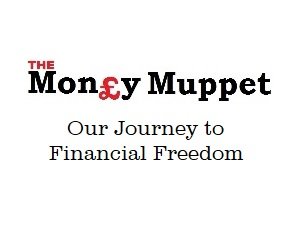 This blog post about getting financially free was originally written in November 2014 for our sister website – The Money Muppet. We set that site up in January 2014 as we embarked on our journey to financial freedom. The Money Muppet site no loner exists, so we’ve incorporated our financial journey into our travel blog.
This blog post about getting financially free was originally written in November 2014 for our sister website – The Money Muppet. We set that site up in January 2014 as we embarked on our journey to financial freedom. The Money Muppet site no loner exists, so we’ve incorporated our financial journey into our travel blog.
OK, I’m starting to feel like I’m seriously getting a handle on what it takes to get financially free now. Our assets are appreciating. They’re kicking out money which, while we continue to work, is being re-invested and adding more and more passive income to the pot. We’re closing in on our goal, and it’s massively exciting.
How did we get to this point though? We’ve worked hard at it for years. We’ve listened to others who have done, read books and blogs, listened to podcasts and watched videos. For years we’ve unwittingly been practising how to get where we are, learning the ropes.
I’ve distilled down what I think it takes to be financially free into three simple truths. We live our lives by these and believe me, they’re working and I see no reason why they wouldn’t also work for you. This isn’t a step-by-step guide, and I don’t think such a guide is possible to write, but instead it focusses on the three high level areas we’ve worked to understand over the years. They’re summarised below, and then each looked at in more depth afterwards.
Truth One: You need a WHY. Without this, something which reaches into your very core, you ain’t going to get anywhere near the two below. Achieving financial freedom is all-but-inevitable if you can get your head around the two remaining truths below, but there is no way on Earth you’ll do it without having the mother of all reasons to drive you on. Mine’s simple, but means a great deal to me: I massively enjoyed the freedom I enjoyed during two years travelling Europe in a motorhome, and I want that freedom back.
Truth Two: You need to understand money, and how you can make it work for you. This means you need to stop thinking about it as something you spend, or even something you save. You need to start seeing money as something which earns you more money. In other words you need to learn how to invest. Whoa, hold on now!! Investing? That’s WAY beyond me, that’s for those suit-wearing train commuters in the London Big Smoke isn’t it? Nope, it’s actually pretty easy. I think almost everyone can learn it.
Truth Three: This one is hard, MUCH harder than Truth 2. You’re going to have to reset your perception of luxury. This is where the fear kicks in, and you’re going to have to seriously lean into the wind and keep pushing. The fear of being poor eats away at a lot of people, me included, but somehow people manage to take this fear and ACTUALLY MAKE IT HAPPEN! Out of fear of being poor, or feeling poor, we buy ever bigger cars, houses, branded clothes, watches, the very latest huge flat-screened stuff, you name it. And it makes us poorer and poorer, even driving some of us into gut-wrenching debt. You have to accept this and choose another path.
That’s it in a nutshell, but if you want more detail, here it is.
Deeper Dive: Truth One – You Need a Seriously Strong Why
I’m guessing you already have a reason, or an idea about a reason, or you’d not be reading this. Reading other blogs, folks have various reasons, and probably I share some of all of these too, over and above my desire to have full control over my time. One blogger called the cash thrown off from investments he’d achieved as ‘f**k you money’. Blunt I know, but it sums it up: once you’ve your own non-salary income streams you no longer need to bend in ways you don’t want to bend. You can work when you want, and not when your boss insists you work. You can choose projects which fascinate you, rather than those imposed on you.
If you find yourself doing something for work which feels unethical, no problem, you can just stop and do something which feels right. Others see it as the responsible thing to do: you’ll be self sufficient, in rough financial times your investments should tide you over, you’d never need to claim benefits. One chap has done it so he and his wife can bring their son up without being away from him all day working, what a novel thought in today’s age of both parents working.
Whatever your reason, it has to be strong enough to endure through the years as you reach towards the goal.
Deeper Dive: Truth Two – Understanding Money
If you’re starting from scratch in all of this, as I did, I can highly recommend a couple of resources for getting to grips with the absolute basics of money:
- The 4 Laws of Financial Prosperity. It’s a bit cheesy, with a US-bias, but it’s a fantastic story relating how an elderly rich lady helps a debt-riddled father to understand the steps he and his family must take to rid themselves of the shackles of debt, and reach towards financial freedom.
- Meaningful Money.tv. This is a cracking demonstration of an individual (Pete in this case) sharing his detailed financial knowledge in a simple, easy to understand way, without charging you a bean. He carries a bit of advertising, any why not. One chap commented on this blog, paraphrased as “Pete’s just spouting the same old stuff as every other financial advisor”. To which I’d reply, yep, but until you can walk, you can’t run, and Pete will teach you to walk.
Once you’ve got the basics down, you understand personal budgeting, cutting out recurring costs, how pensions work, how tax works, then I’d recommend some more advanced stuff:
- Rich Dad Poor Dad. This book completely changed my perspective on money and work. It basically points out the fact most of us think like the poor (even people who appear to be rich), and we remain poor. You need to start thinking like a rich man, in order to become one, and this book explains how.
- The Millionaire Next Door. People who **look** rich, are often poor in the sense every penny they earn is spent on maintaining the trappings of their lifestyle. This study of millionaires in the US gives some fabulous insight into how the real rich, those who are financially free, live their lives and take financial decisions. For starters, hardly any of them buy new cars.
- The Compound Effect. This book demonstrates the most simple and powerful effect on how small investments made early enough will massively grow over the decades.
By this point you should be happily seeing the pounds start to pile up in the bank, with your debts paid off (except your mortgage perhaps) and each month you’ll be seeing money left over. You’ll know a current account isn’t currently a good place for much of your money to be (except for your emergency fund), as interest rates from the banks are only just keeping up with inflation. You’ll know you need to invest the money in something, which will throw off cash for you to spend, and that this will involve taking risk. You’ll know that you need to understand any investment and accept the associated risks, before your money gets anywhere near it. You’ll know you need to think about asset diversification. You’ll be pretty clued up.
Where exactly you invest your money at his point is a very personal thing, and will depend on what you want to achieve in life. I can’t advise you on this, I’m in no way qualified to do so. Some areas we’ve personally invested in:
- Rental property – which each generate more in rent than they cost to run and maintain
- Exchange traded funds – which pay dividends every 3 months
- Solar PV – which pay FIT payments from the government
- Pensions – good old fashioned employer-contributed pensions
Note that most of these should appreciate over the years, as well as throwing off money in rent, dividends etc. Our strategy is to build a large enough portfolio we don’t have to sell any asset in order to live, but at some point we’ll sell all of our assets, as we intend to die skint and happy.
Deeper Dive Truth Three – Perception of Luxury
Lifestyle inflation is a killer blow to financial freedom: you have to break free of it.
You have to get a handle on just how luxurious many of our lives are. We shop in supermarkets where we can buy any food we want when we want, we have houses with rooms which are used once in a blue moon. We can afford to paint our houses. To see off wildly-taxed booze and cigarettes. We have enough money to feed and care for pets. Here in the UK we have a national health system which provides healthcare for all. We have laptops, phones, shiny cars, we buy nigh-on-everything brand new. There’s an IKEA retail park a mile from where we live. IT IS RAMMED. Every day throughout the last recession and since, its car parks, the size of several football pitches are PACKED with people buying piles of brand new stuff from IKEA, Decathlon, Next, Pets at Home and the rest.
Seriously, most of us are loaded. But somehow we can’t see it. Somehow we find ourselves getting our hands on more and more money and blowing it on more and more stuff. I look back at the younger version of me who bought a hot tub. The thing sat outside, heating the water every hour, day and night, to a toasty steamy temperature, as the lights in the house dimmed. That is some serious, eye-ball-popping luxury, but at the time felt pretty normal, like something we actually needed or deserved to somehow help cope with the stress of our careers.
If you’re not interested in being financially free, none of this matters, get the money and get it spent. If you are interested though, if you’re driven to achieve this type of freedom, you’re going to have a take a long hard look at yourselves, and how you live. You’re going to have to assess what’s important to you. Do you want to maintain a self-perception of wealth, broadcast out to the world through the things you own? Or do you want to walk the Earth truly free, and act like you feel you should, to travel, to learn, to help other people, and perhaps to teach. You’re going to have to see any lifestyle changes not as sacrifices, but as the removal of chains, the lifting of weights from your shoulders. You’re going to have to perceive that even as you cut cost from your life, you’re STILL MASSIVELY LIVING IN LUXURY compared with most of the seven billion folks on the planet. You’re going to have to love this new way of living, as we do.
Cheers, Jason
Previous: Are we Mad?
Next: 2015 The Year We’ll Crush It

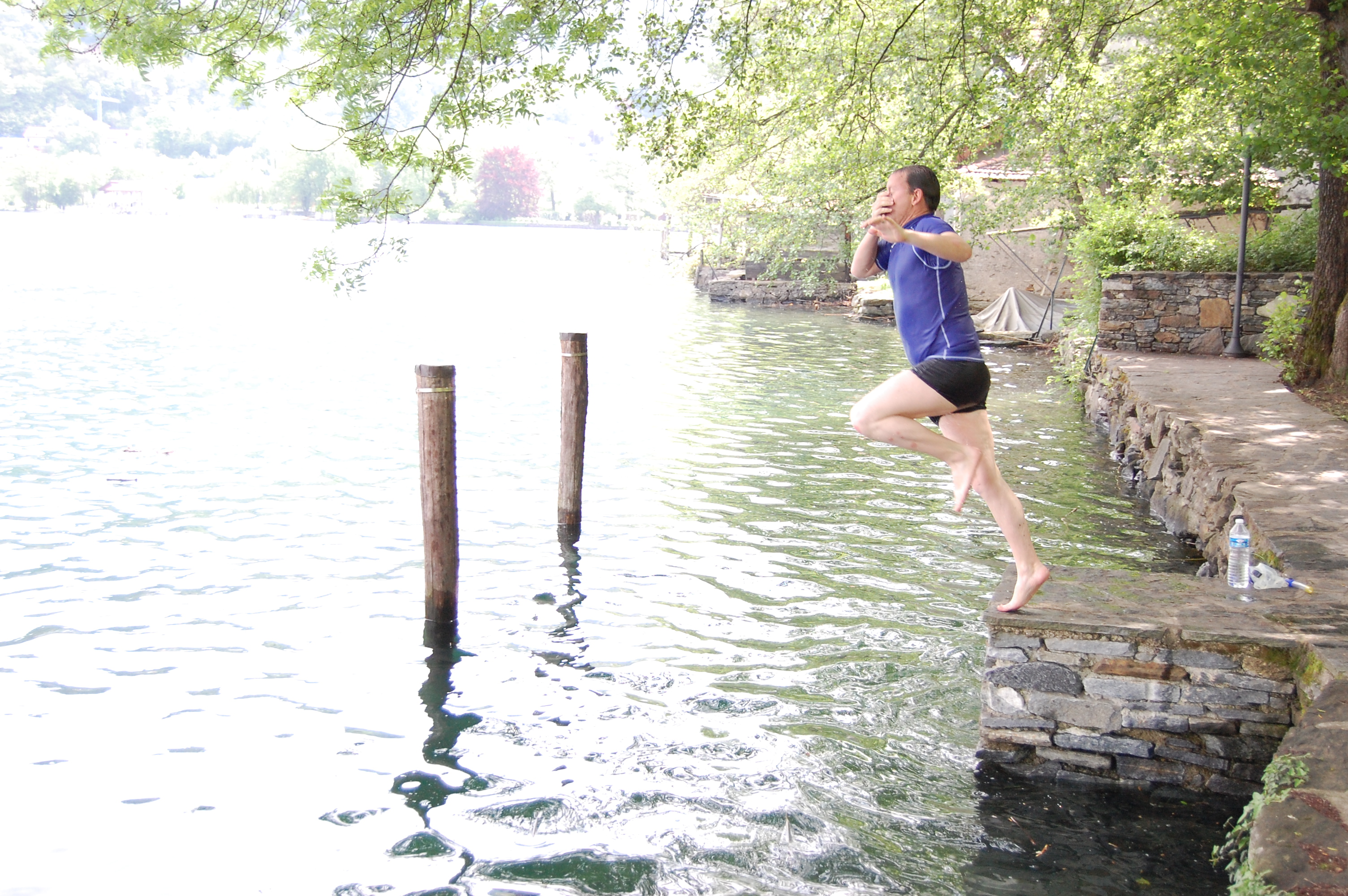
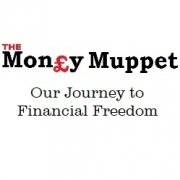

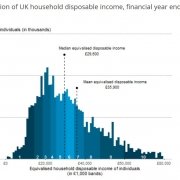

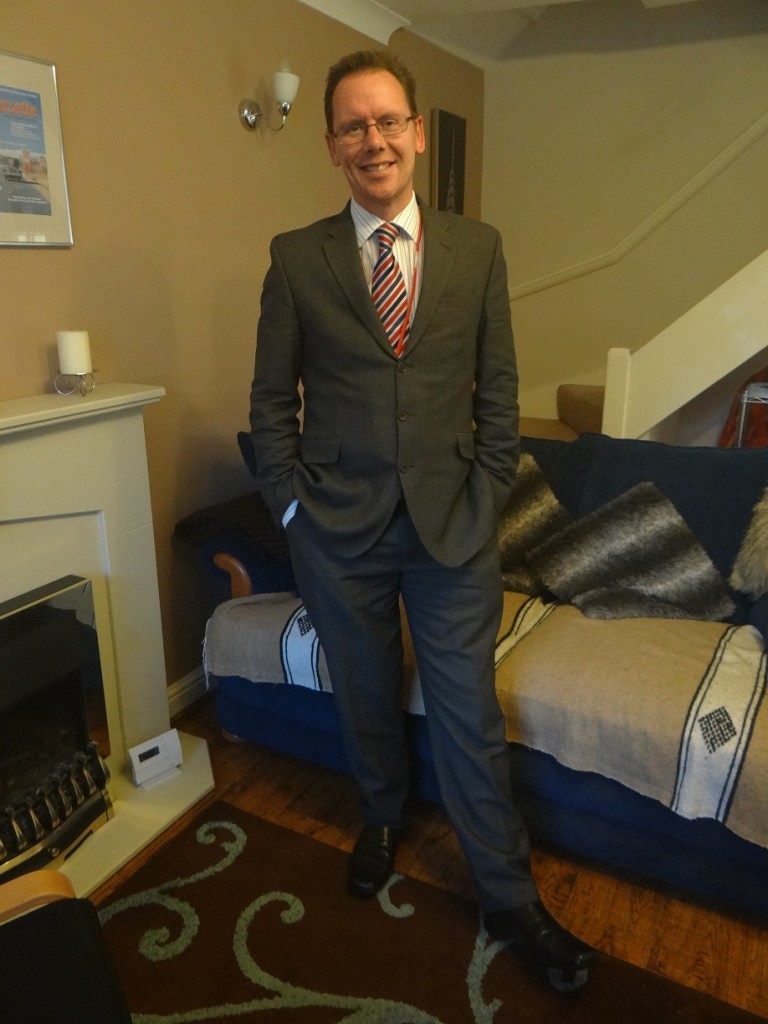
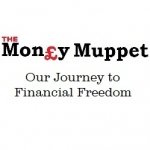
Leave a Reply
Want to join the discussion?Feel free to contribute!